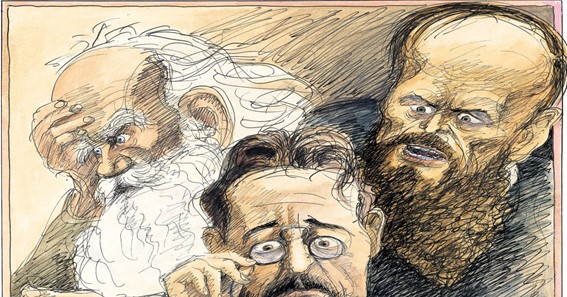It’s a well-established practice for sitting presidents to grant various pardons to incarcerated individuals throughout their tenure. As they come to the end of their term, it’s usual for a final flurry of 11th-hour clemency grants to be declared. Typically, presidential pardons grant a commutation of all charges against the individual, meaning they can take no further legal action regarding those charges. However, due to the unusual nature of some of the pardons granted by the last outgoing president in 2020, the DOJ is finding itself in a unique situation.
Somethings Unusual
Previously it’s never been a consideration to take a recently pardoned prisoner back to trial for matters relating to the original charges. However, during his time as President, Donald Trump granted several pardons that appear to be partial. The DOJ has been quick to jump on the significance of this and is looking to take its first case to court as a result.
click here – Top 10 Most Popular Places to Click a Photograph in Dubai
What’s The Case
In 2016, philanthropist operator of several assisted living care homes, Philip Esformes, had many charges brought against him relating to a massive fraud of the Medicare system. Finally, in 2019 Mr. Esformes was sentenced to 20 years in jail after the jury found him guilty on several of the counts against him. However, there were six counts which they couldn’t find a verdict for, leaving them hung. And these six counts create the precedent for the DOJ to take Esformes back to court.
What Are They Playing At?
When President Trump granted Esformes clemency, he didn’t give a full and unconditional pardon. Instead, only the remaining 15 years of his prison term were commuted, with the $5 million financial restitution and the terms of his supervised release remaining in place. Nor were the six hung counts mentioned. The DOJ has declared that because they are not included in the pardon, they can be taken back to court and retried.
click here – Figuring Out the Working of Account Aggregators in India
Counter Claims
And while on paper, the DOJ’s point of view may seem simple and straightforward, there has been an intense backlash against the news. Several high-ranking legal bodies have shot down the idea that the verdictless charges aren’t included in the clemency grant, with the intention they’re covered implied. As a result, the DOJ and Mr. Esformes’s defense team will see the inside of a courtroom soon to determine if a retrial can legally go ahead.
Time To Fight
If given the go-ahead to take Philip Esformes back to court for the six unresolved charges, they have a precedent for doing the same with others who likewise weren’t granted the full and unconditional pardon. But it’s not going to be an easy road to get there over the coming months. The uncertainty surrounding how the unusual wording of this and similar pardons can legally be interpreted is the cause of the headaches.
Whatever the eventual outcome of this case, the legal world will be following closely for the result, as it could be a massive game changer to the legal system.

